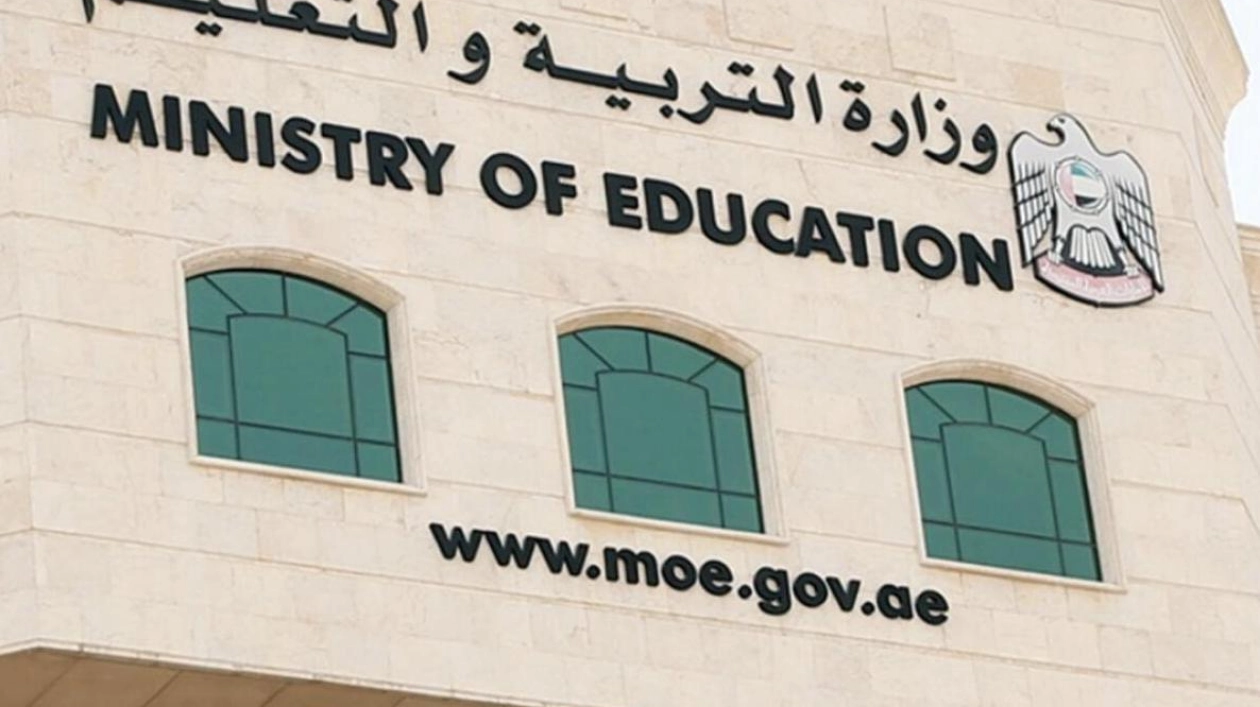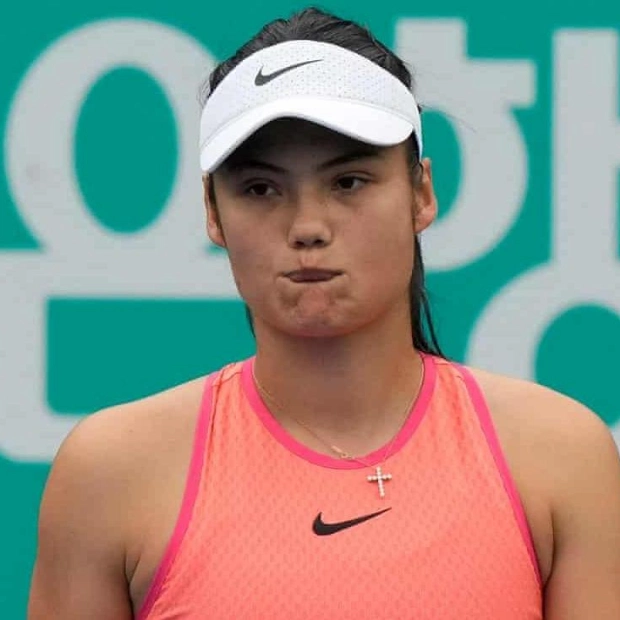Applying for universities and scholarship programs in the UAE is set to become significantly easier, according to Dr. Abdulrahman Al Awar, Minister of Human Resources & Emiratization and Acting Minister of Higher Education and Scientific Research. The recently introduced NAPO2.0 and Scholarships 2.0 systems, rolled out over the past two months, have streamlined the application and acceptance processes, eliminating complex barriers that previously hindered job seekers from completing their higher education.
"Our updated admission policies now prioritize a more flexible, outcome-oriented approach, empowering higher education institutions to create programs that better equip students for the job market, while maintaining the integrity of governance mechanisms," the minister explained.
This flexibility will be extended to all residents of the UAE, allowing them to requalify themselves, he added.
For instance, around 67% of job seekers registered on the Nafis platform hold only a high school degree. Additionally, stringent admission criteria previously prevented nearly half of high school graduates from pursuing higher education. These statistics are anticipated to improve significantly with the implementation of the new policies.
"The previous system, though well-intentioned in governing higher education quality, failed to provide adequate opportunities for higher education," the minister noted.
Shatha Al Aidarous, Senior Executive at the ministry, emphasized that the revised admission policy, combined with student upscaling, will yield positive economic and social outcomes.
The new process evaluates students based on their chosen majors, offering bridging courses to prevent rejection due to low grades in unrelated subjects. "We aim to ensure no student is left behind, tracking those who do not receive offers for matching programs," she said.
Schools will now provide guidance and support to students, helping them register for desired majors and universities as early as grade 11. Meanwhile, universities will have greater autonomy in setting admission criteria and timelines, following the cancellation of the standard admission test, EmSAT.
"Collaboration is key to an effective student journey," Al Aidarous concluded.
Dr. Al Awar further highlighted the Ministry's efforts to enhance the student experience through streamlined procedures and digital services, updating licensing and admission criteria, launching the national classification framework for UAE-based universities, aligning educational outcomes with labor market needs, and fostering partnerships with economic sectors to continuously develop policies and procedures.
Source link: https://www.khaleejtimes.com






